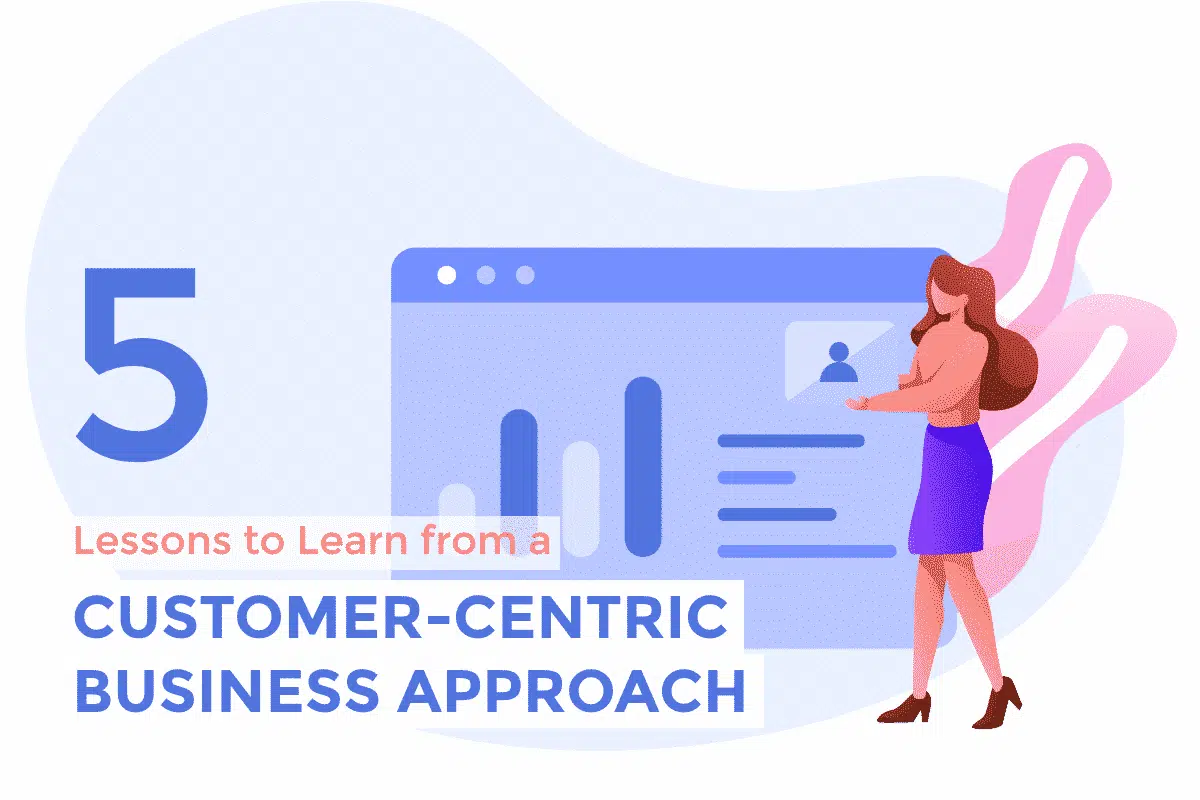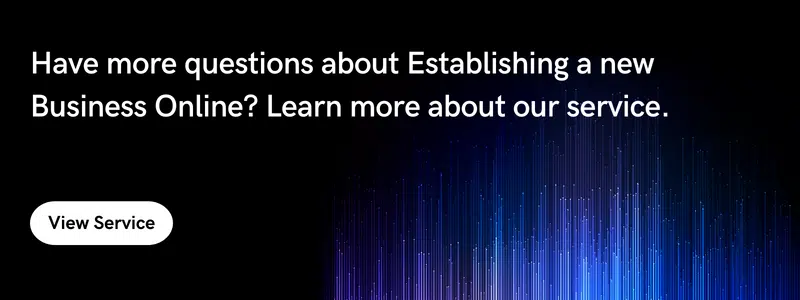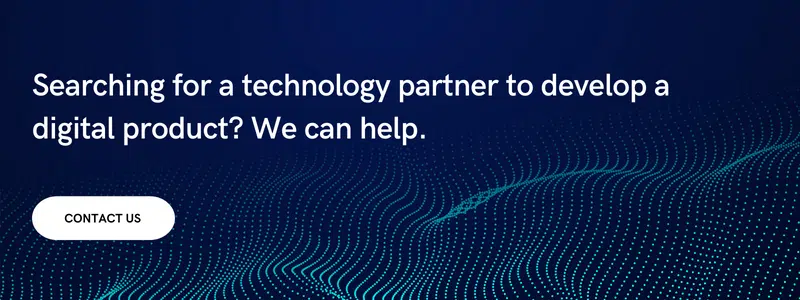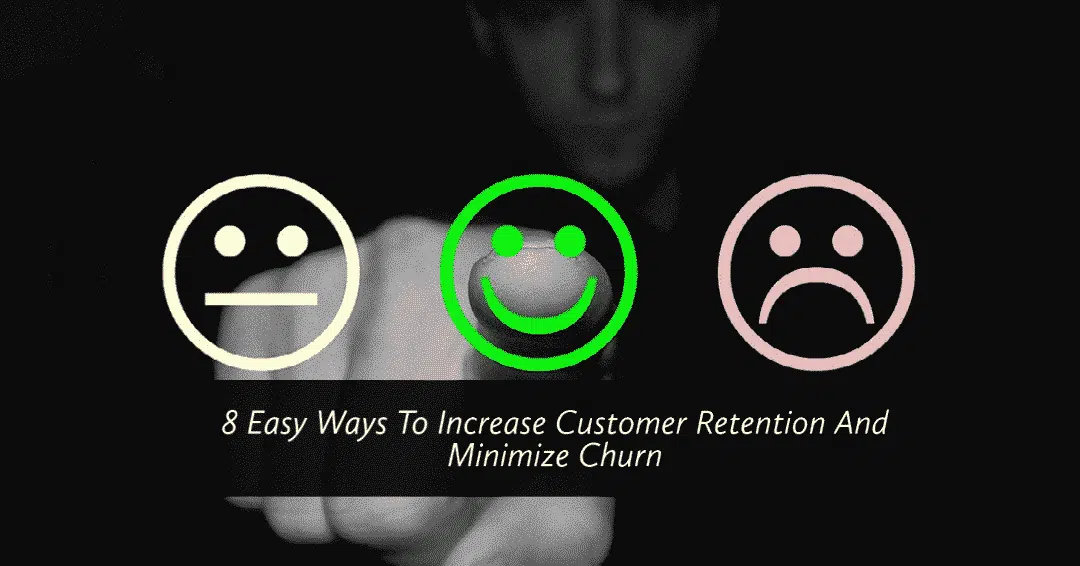As customers are becoming smarter, there has been a huge change in the way they interact with businesses. The majority of the brands, which are the favourites in the marketplace, are the ones that treat their customers with respect and show tact in their dealings and business functions. Interestingly, you cannot classify every business as being customer-centric.
There is a fine line differentiating the two. You should be careful to never confuse a customer-centric business with one that only offers stellar customer support. The two approaches are not the same, although it can be difficult at times to differentiate customer-centricity from simply providing customer support.
A customer-centric business focuses on the entire experience a customer will have with their business, from the start to the finish. This not only improves sales but also ensures that your customers become loyal to the business as they are not getting such services from any competitors. For a customer-centric business, the customer is at the heart of their entire service package.
Understanding What a Customer-Centric Business Is
Over the years, more and more businesses have begun realizing the importance of making a customer-centric approach a part of their business dealings. From marketing to developing new services and even business expansion, the customer’s wants and needs come first. If you think about it, it really makes sense. The business was established to provide a product or a service that fills a need and whose need is being fulfilled? The customers of course. This is why keeping them as the main focus of your business is essential.
However, it is necessary to find a proper balance here. One can easily go overboard by focusing entirely on the customer. Who here hasn’t heard of the adage, “the customer is always right,”? Unfortunately, people tend to interpret it to mean that the customer gets to have their way in everything a business does. This usually creates an imbalance where the business becomes stunted. Angry customers become the norm and the workforce is exhausted because of this awkward stunting. It creates an unhealthy cycle where growth is very slow.
On the other hand, some businesses fall on the other side of the spectrum. They do everything they wish to do without considering the customer. This approach is more self-centered with more focus on the wants, wishes, and desires of the business instead of the customers. In such a case, it ends up crushing the business’s growth as well since the customers are going to flock to other businesses that are listening and ready to deliver on the promises this particular business failed to live up to.
As stated, a balance is needed and, in this day, and age, more and more businesses understand this aspect. The best part is that marketing trends all point to major growth and benefits for businesses that do adopt this approach. In the current marketplace, your customers are going to be the game changers, which can allow your business to reach newer heights with ease.
5 Lessons to Learn from Customer-Centric Businesses
If you’re thinking of becoming customer-centric in your business approach, it is a good option to take a look at other businesses and learn from them. Even though the biggest lessons are hidden inside your own failures and the mistakes you make, it’s not always feasible for your business.
Being customer-centric is an art and while you might contend this point by the fact that most businesses do focus on this aspect, you will find that few can pull it off with great success. The following are some customer-centric businesses and the lessons you can learn from them:
Amazon – Exceeding Customer Expectations
As the world’s largest online store, Amazon.com has created history by not only focusing on their consumers but also ensuring that they have everything they could need. Over the years, they have developed their product offerings. These started as simple things such as free delivery and reduced prices through Amazon Prime, but have evolved into products such as the Kindle devices, Amazon buttons, the Amazon Echo and more.
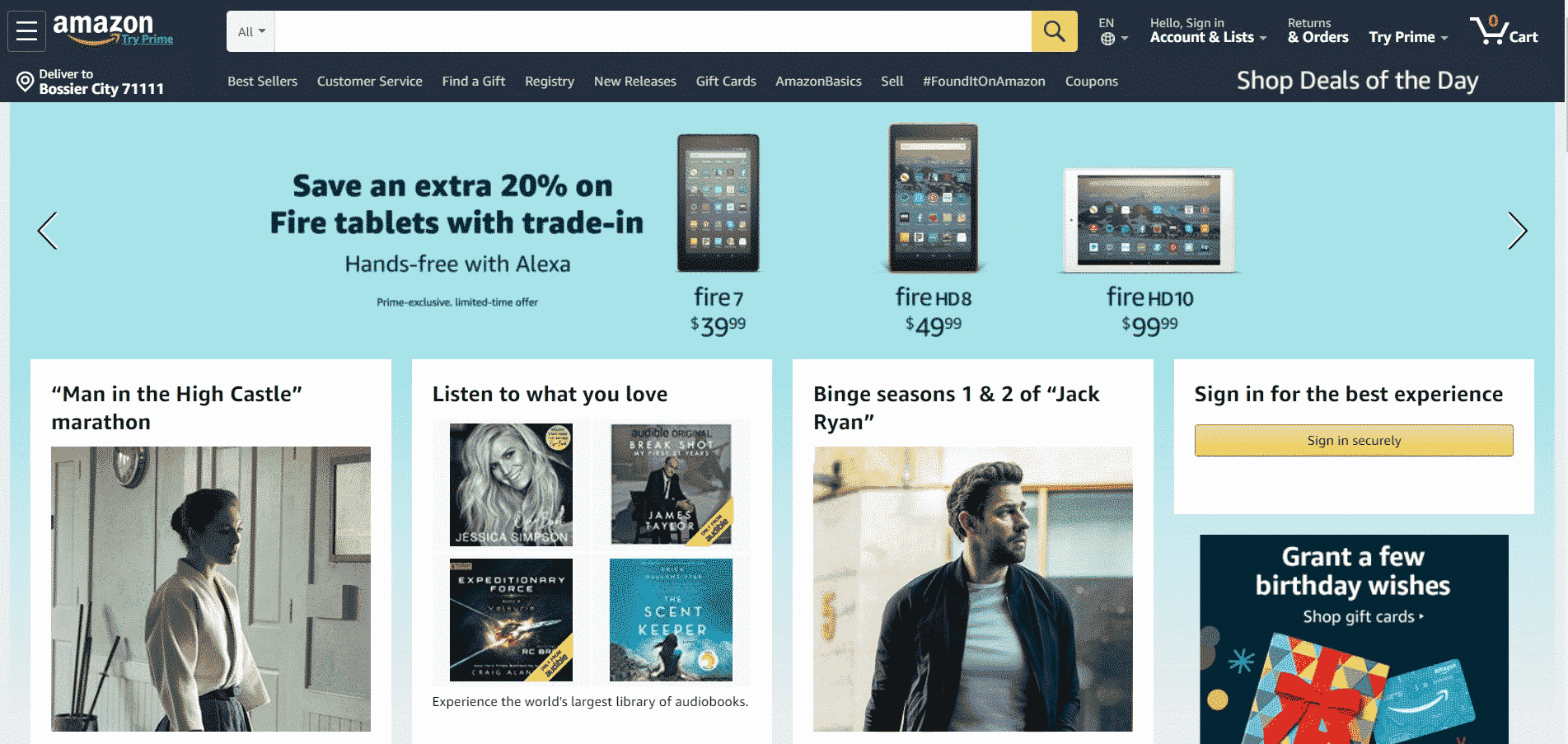
Always keeping an eye on their customers’ wants and needs, Amazon has consistently predicted and exceeded their customers’ expectations. In return, they enjoy a global outreach and have a loyal customer base that relies on them for a majority of their purchases. With drone delivery and other creative solutions in the pipeline, Amazon always stays one step ahead of its customers’ wants and needs.
Lesson 1: Exceed customer expectations for exponential growth. Monitor trends to predict the next natural route and explore new channels.
Uber – Service with Accountability
Uber enjoys a love-hate relationship with their consumers because while they have introduced a new dimension to public transport, they have made a few mistakes on their path. The biggest challenge was being accountable for the behavior of their Uber drivers.
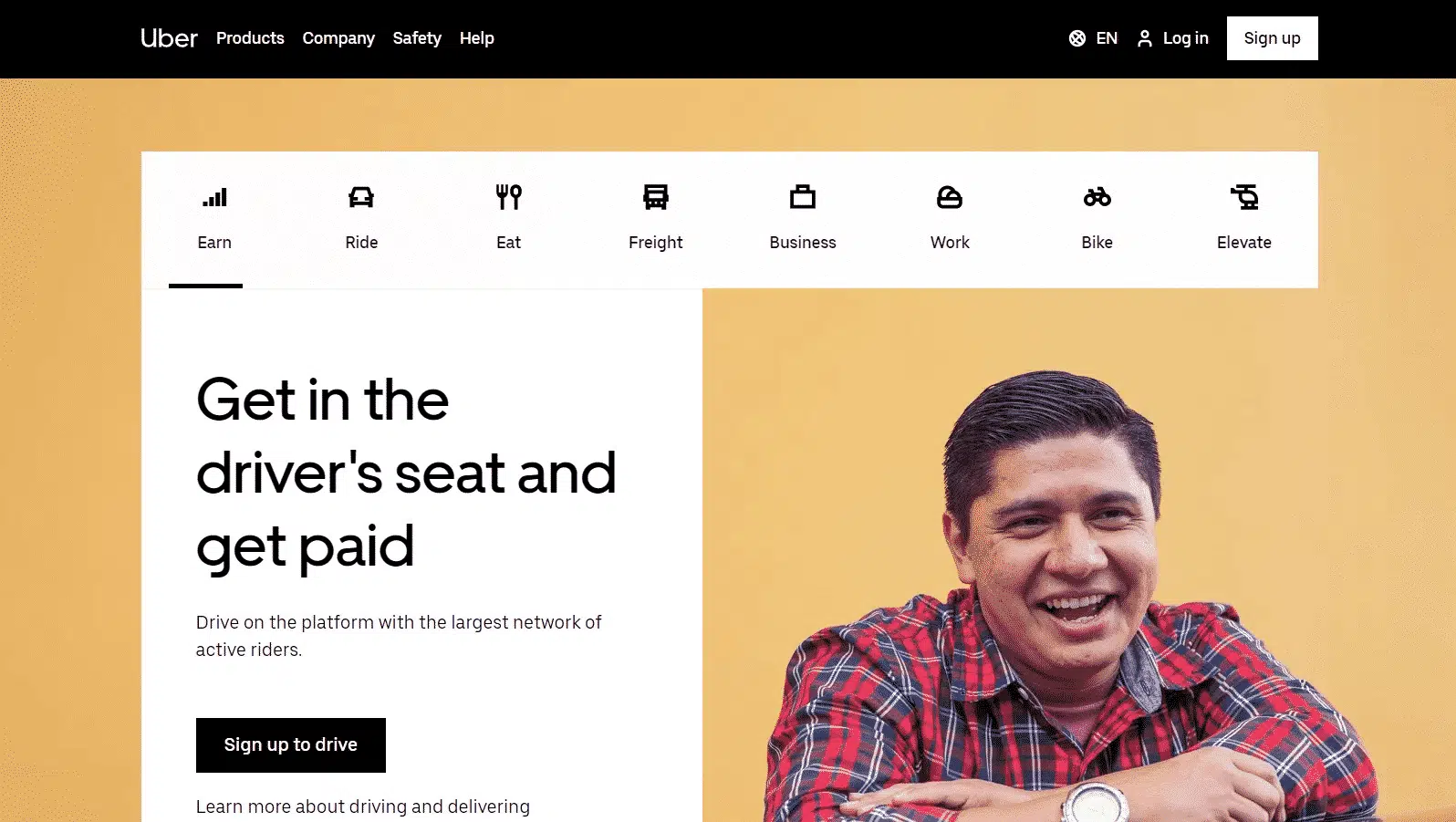
Uber’s customers wanted Uber to be accountable for the quality of the service they provided and the people they hired. While several cases got Uber in hot water, it has definitely cleaned up its act and has installed more stringent measures. The accountability, coupled with their reliability and convenience has allowed Uber to go global as well in a few short years.
Lesson 2: Provide quality service by being accountable for the actions of your workforce. Accountability will enhance your credibility.
Apple – Simple and Intuitive
Apple is a brand that is almost synonymous with high quality and high-tech for its users. In fact, Apple products are so widely favored that not only is the company globally recognized, it also has a serious customer base that is fiercely loyal to the brand and its products. Among tech giants, Apple enjoys a certain status due to its products and it all started with the first iPhone. Always a computer brand, Apple gained true public attention with their iPods but the iPhone seriously set the company apart.
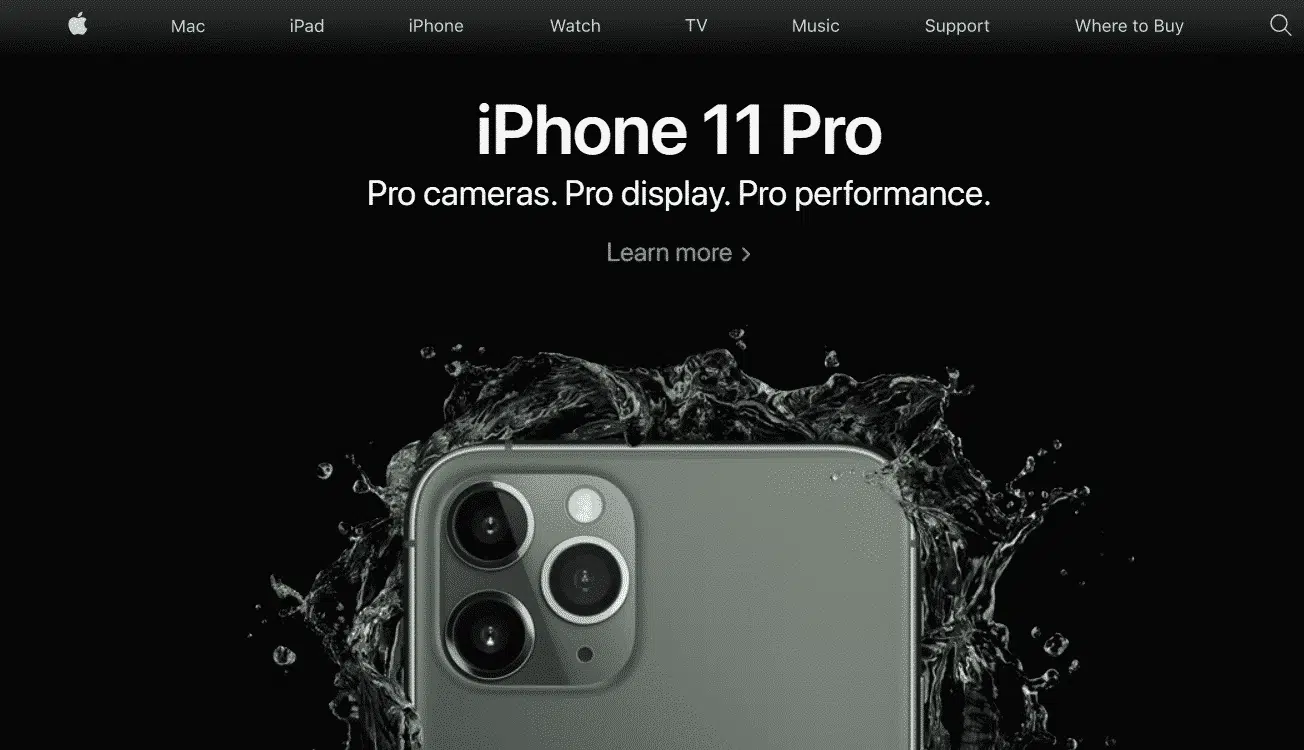
Steve Jobs succeeded in marketing the iPhone as simpler and easier to use. From the hardware to the software, everything about the iPhone revolved around simplicity, coupled with an intuitive user interface. This concept was so successful for them that it dictated the design of the next generation of MacBook and Apple products. Despite appealing to a niche market, Apple’s sales each year consistently rival those of other retailers like Samsung that have a bigger hold in the marketplace.
Lesson 3: Less really is more. Focus on the quality instead of the number of your services and products.
Facebook – Rapid Changes
While Facebook took the internet by storm, absolutely revolutionizing how people connect online, they are now beginning to stagnate. The problem lies in the yearly changes they keep making to their Timeline and other functions. While they mean well and they aim to enhance the overall user experience, they’re actually frustrating their consumers.
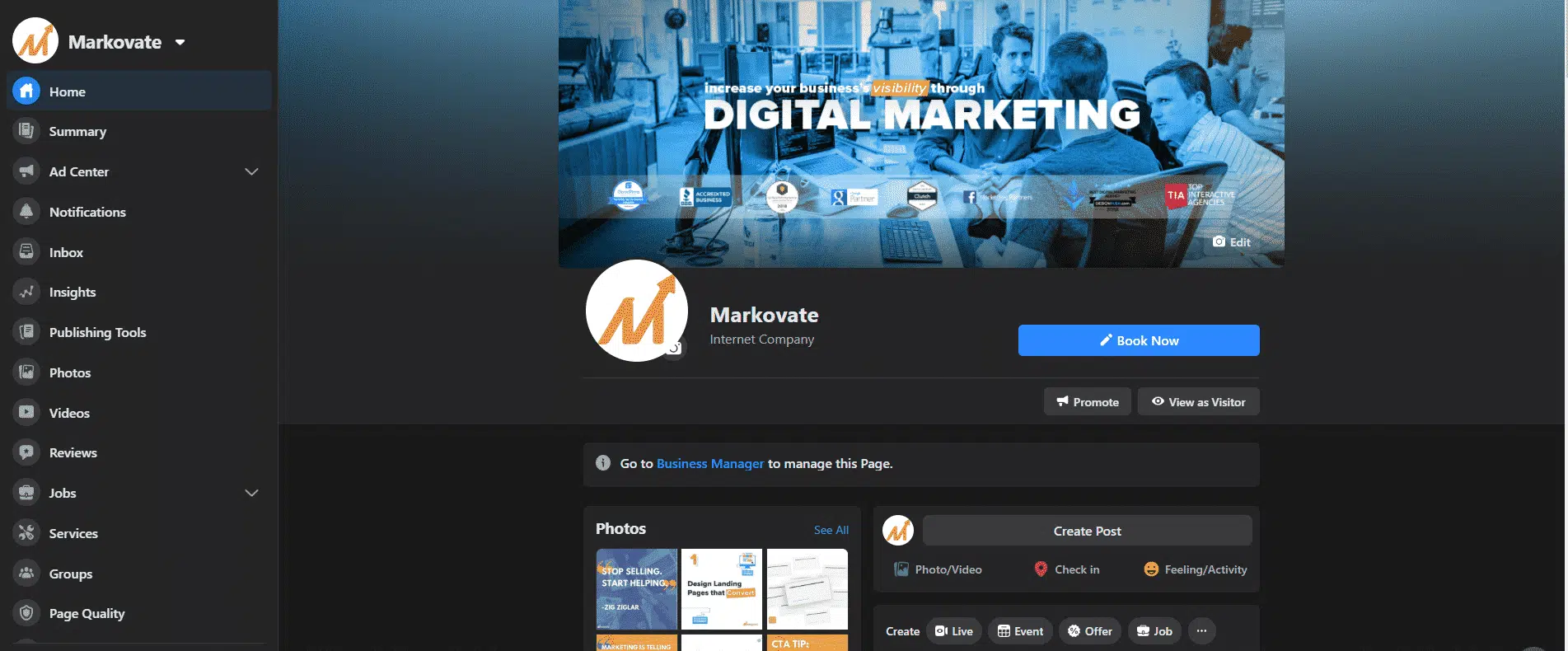
The adage “if it isn’t broken, don’t fix it,” applies very well here. Facebook has gotten to the point where it seems to be confused by its target audience and in a bid to appeal everyone has become a little too oversaturated with functions. In fact, they even adopted Snapchat’s video and photo-centric design which hasn’t earned many points in their favor. With so many changes happening continuously, it is hard to see which consumers are being appeased here.
Lesson 4: Making too many changes without considering the wants and needs of your consumers can make your business appear tone-deaf.
Nestle – Go green & Give back to the community
Nestle gets a lot of hate for their products because they come at a huge cost; a monetary cost but an ethical one. A lot of Nestle’s products are produced through unethical means which devastate the lives of others. From ruining the water supply of already impoverished villages to aiding in the use of child labor in the supply chain of their cocoa products, as well as the active promotion of unhealthy food products, Nestle’s practices have been less than ethical.
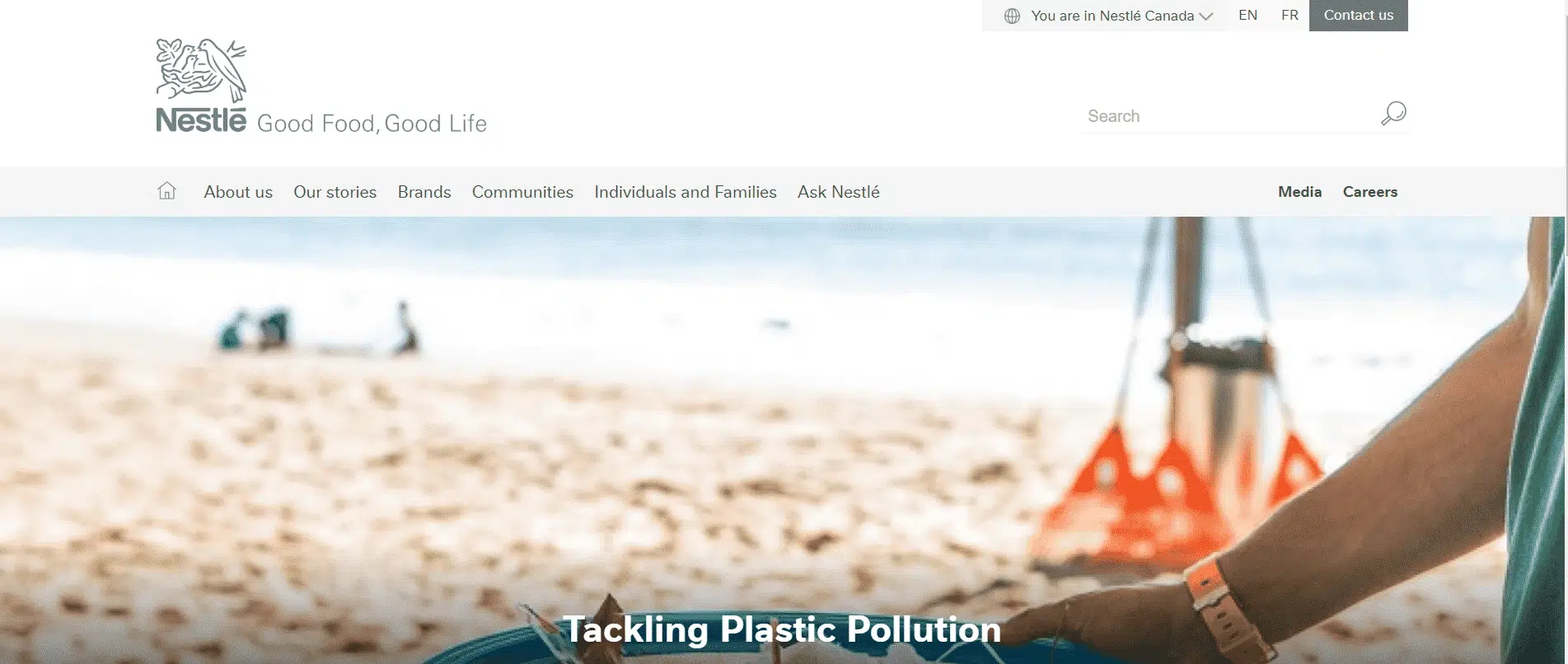
Nestle lost a huge chunk of credibility in the marketplace as customers were disgusted that Nestle would resort to such tactics. While other large businesses have their fair share of unethical practices, such as Zara, none are on such a huge scale and occur with as much consistency as Nestle’s. In fact, since the 2000s, the company has been embroiled in some scandal or the other. This has led to widespread boycotting of their products and even has caused the U.N. to intervene at some point or the other.
Lesson 5: Your business’s credibility plays a role in your customer-centric approach. Don’t indulge in unethical practices. Go green and give back to the community.
Why Should You Be Customer-Centric Too?
When you take the 5 lessons highlighted above, you might believe that it puts shackles on your freedom with your business. On the other hand, being customer-centric is completely the opposite. The world is your oyster and your customers are going to show you the way. Being customer-centric has plenty of benefits to offer your business and the following are some of the biggest ones:
Save Costs
Being customer-centric actually saves your business more money in the long run. For starters, you get a market of satisfied customers, which ensures healthy word-of-mouth marketing. Moreover, loyal customers are more likely to buy more from you. In fact, data shows that repeat clients are more likely to buy again from a company they are satisfied with. In contrast, not only is getting new customers 10 times more expensive, but they are also less likely to make a sale with you.
Loyalty breeds an unflinching faith in the company, which can allow a business to truly build a connection with its target audience. You can consider Apple’s users and Samsung’s users as great examples here. They’re so unflinching in their faith regarding the quality of the products these brands release that they will consistently buy and upgrade their products each year. This not only saves costs; it maximizes profits too.
More Opportunity for Growth
The growth of a business starts with the consumers in any target market. Without them, the product or service might as well be non-existent. With a customer-centric approach, growth becomes easier as you not only understand your target audience, you understand their growing wants. Amazon could have just as easily been an online marketplace for retailers but they saw areas of growth and utilized them.
The Kindle revolutionized reading online and created a viable marketplace for eBooks, whereas their delivery services and prices have made other stores like Target and Best Buy step up their game as well. This, in turn, has provided these businesses with the opportunity to grow in different ways, as well as look for viable ways through which they can provide the best services to their consumers.
Market Share
A larger market share means you have a larger number of customers in your corner. All businesses experience this and actively compete for most customers. On the other hand, with a marketplace that is saturated and businesses seem to be offering similar services, the distinguishing feature is going to be the customer service you provide.
Customers know they are valued and they want to be given the respect which is due to them. If one business isn’t treating them right, they aren’t afraid to take their business elsewhere. Globally, around 62% of consumers have stated that they have chosen to stop using a brand due to its poor customer approach.
For any business, a small one or a global one, customer-centricity has become a major core of their performances and functions, and in the current marketplace, it is no longer an excuse to neglect your consumers. With all trends pointing to the increase in the importance and relevance of customer-centricity, more and more businesses are focusing on this aspect.

